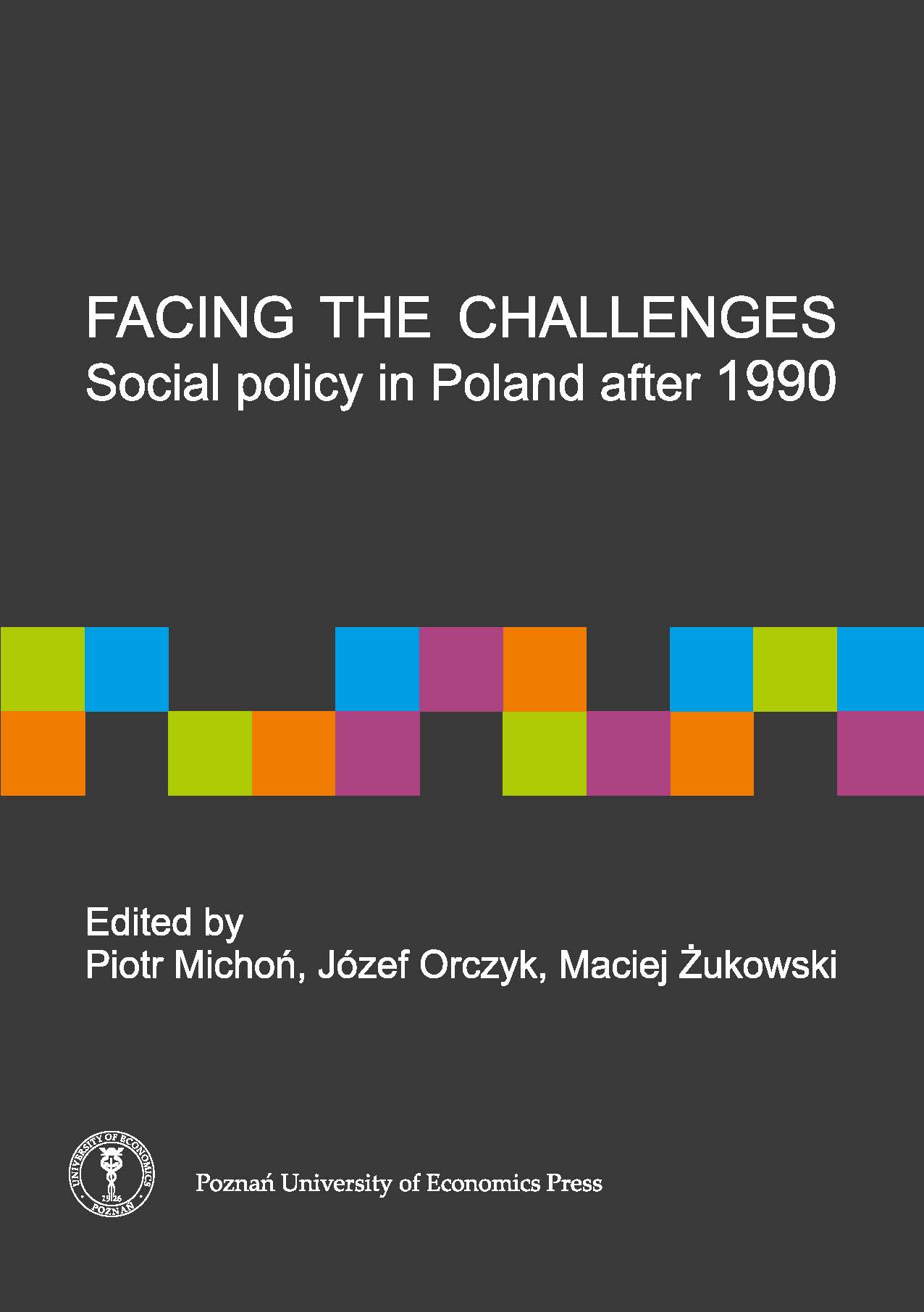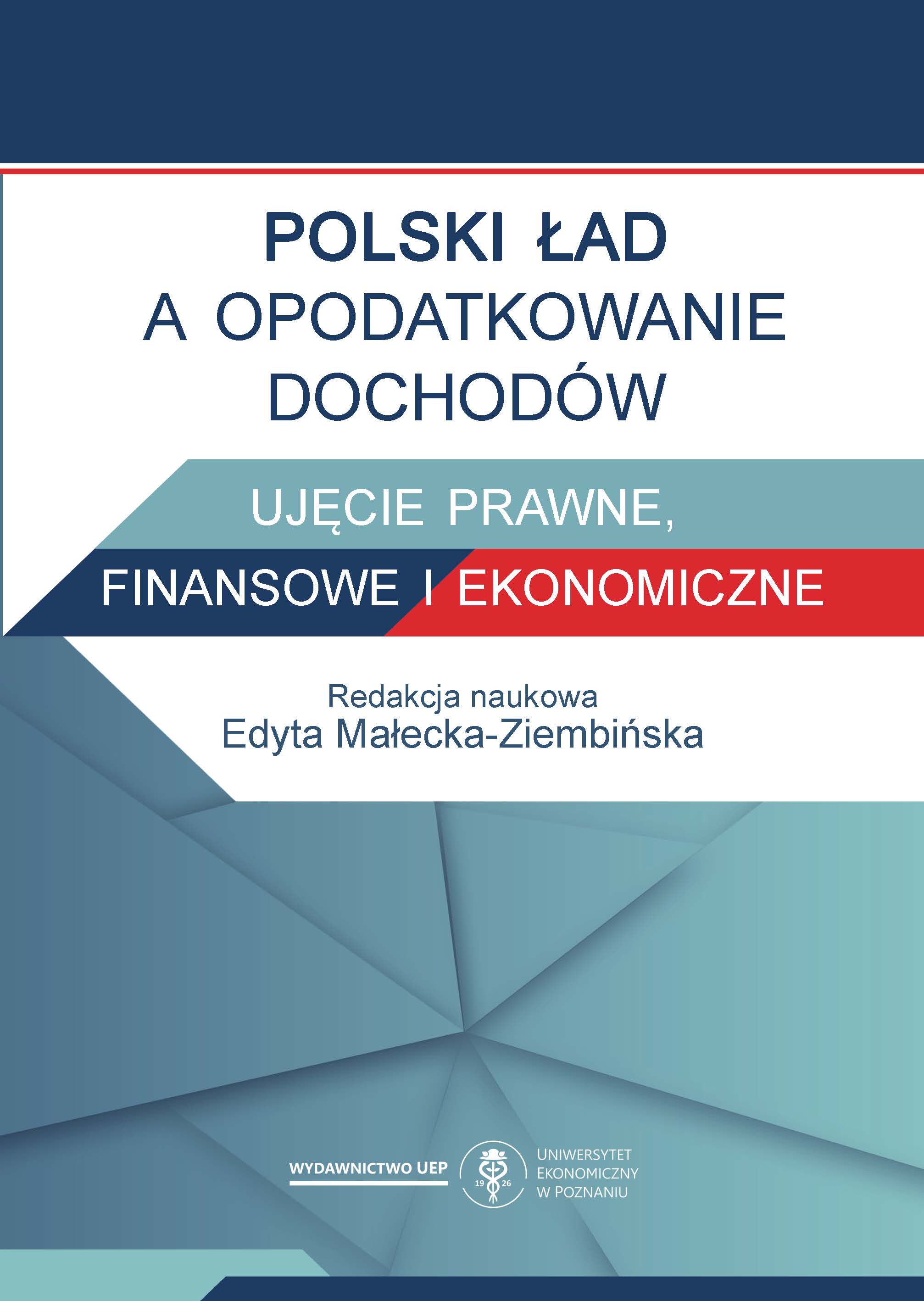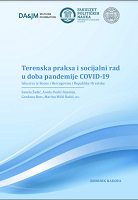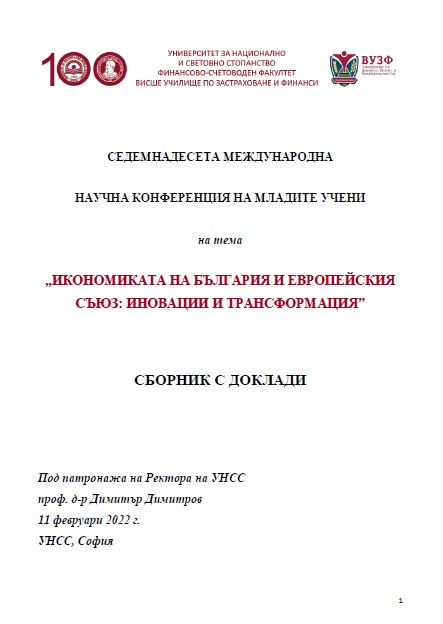
Socioeconomic changes and the subjective well-being of Polish society 1991–2011
Three main questions are asked in the paper. Firstly: how has the sense of ‘life satisfaction’ and happiness of Poles changed over the period of twenty years between 1991 and 2011? During this period Poland has experienced substantial growth of gross domestic product (GDP) per capita, but is Polish society becoming happier and more satisfied with life? Secondly: what is the level of subjective well-being individuals commonly perceived as losers (older, poorly educated and unemployed) in comparison with people who objectively appear to be winners (well-educated, in low middle age, employed)? Thirdly: how has the subjective well-being of unemployed, older and poorly educated people changed during this twenty year period between 1991 and 2011? Some authors suggest that because happiness became something everybody want, it is a core value of society, and it lays the basis for our modern welfare state. Because happiness represents an individual right, individual and societal aim, it is crucial to discover and scrutinise relations between the individual level of happiness, and the impact on it resulting from a variety of factors. It might be true that simple application of happiness economics to policy making would be unreasonable. But still if we agree that happiness constitutes a good life for individuals and thereby also a good society, it is important to collect, analyse and include this type of information for the purpose of policy making.
More...


